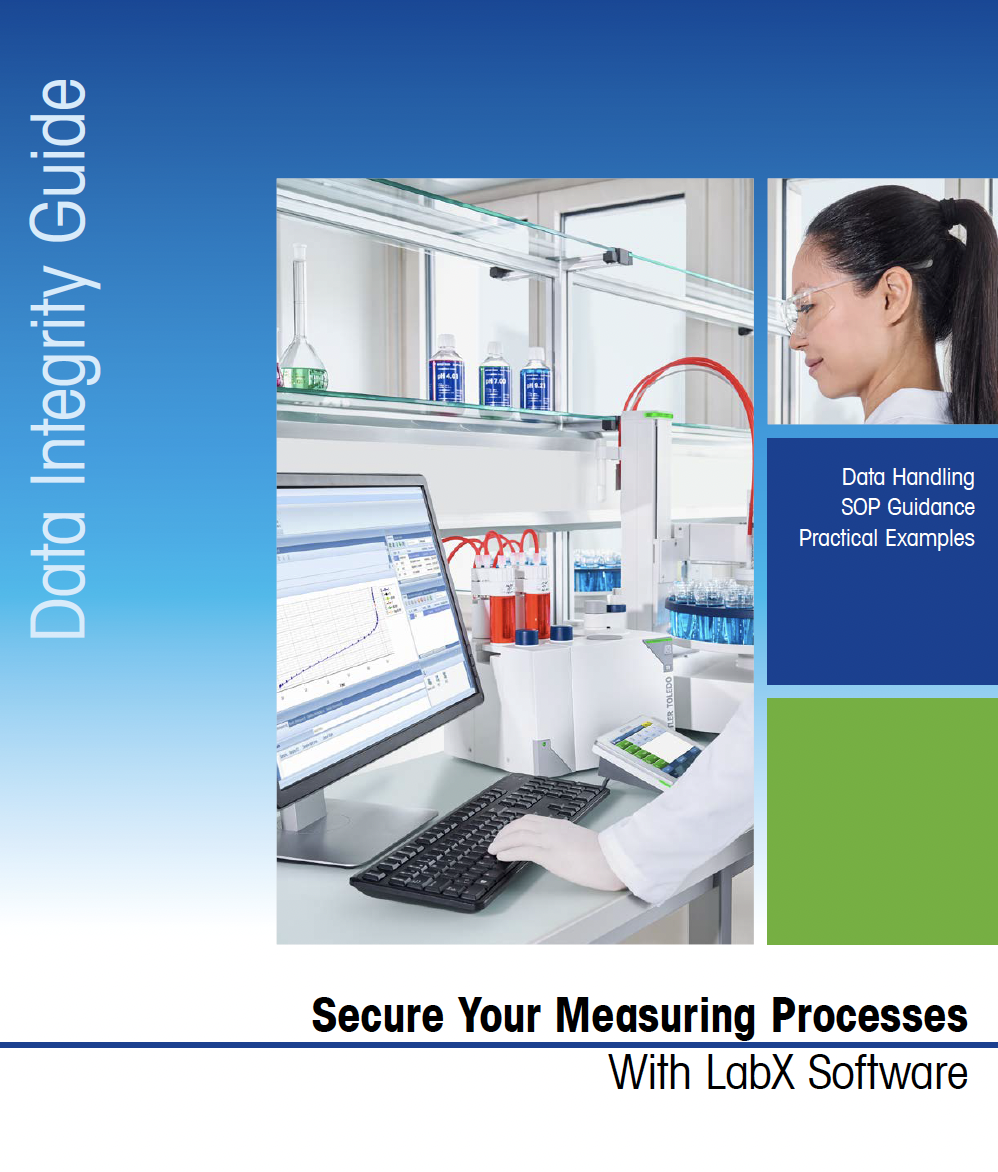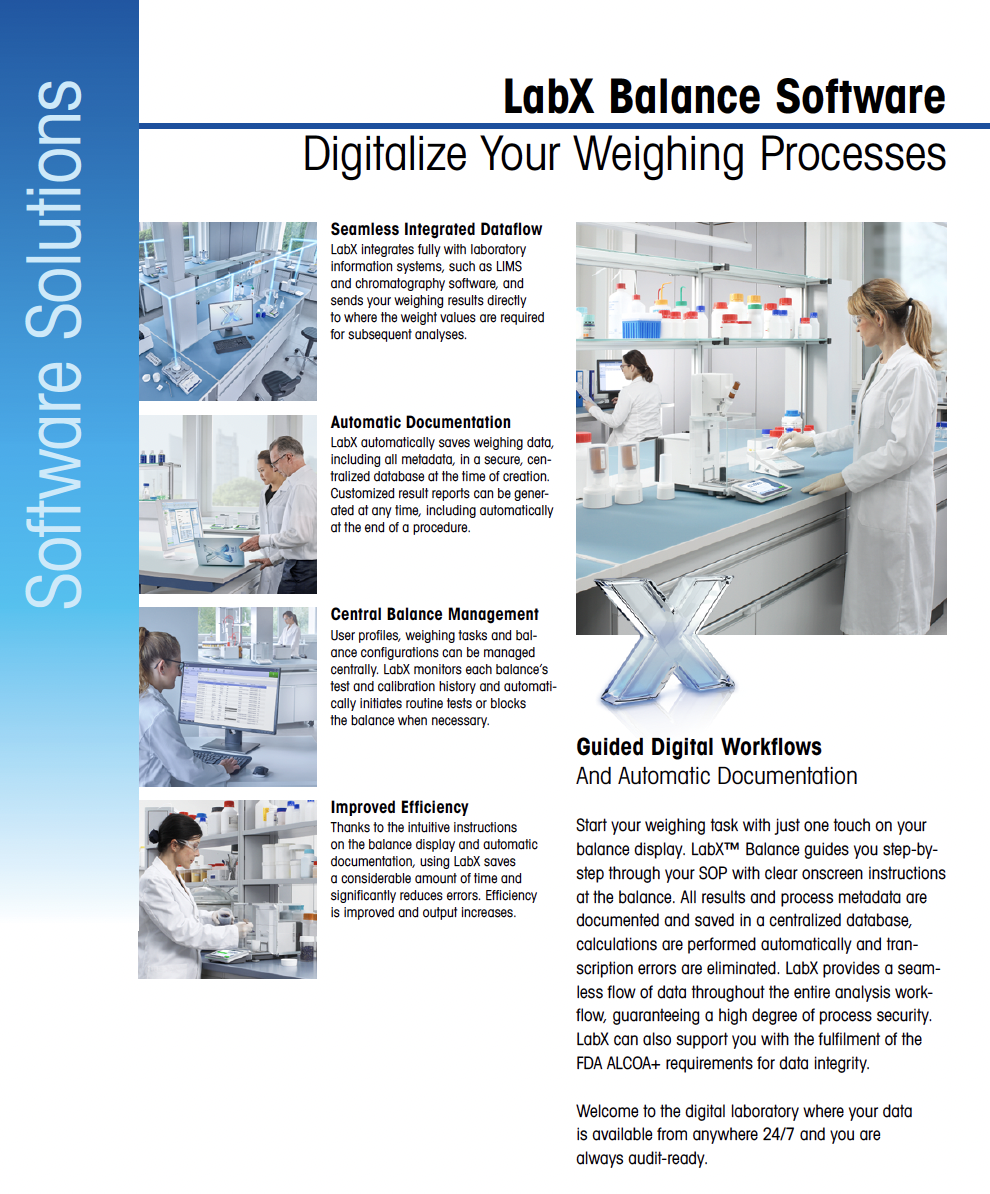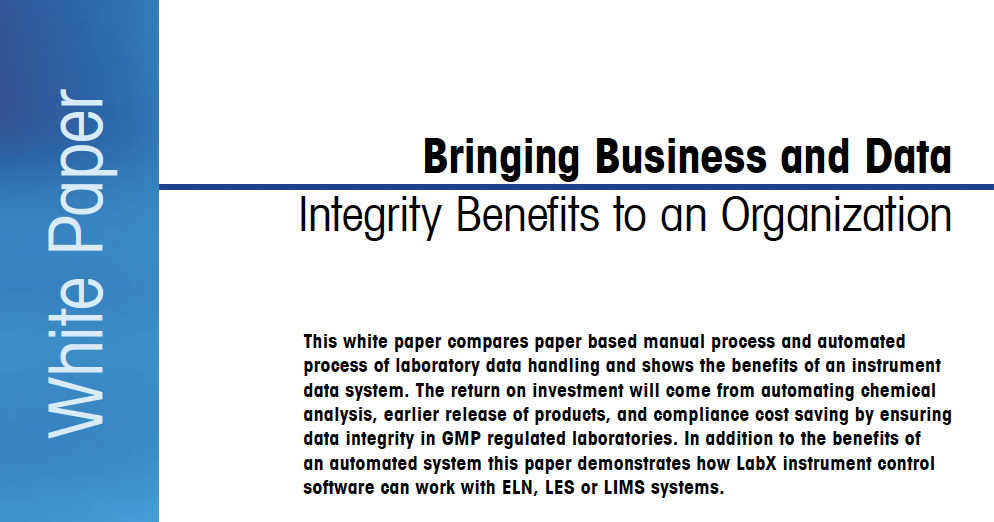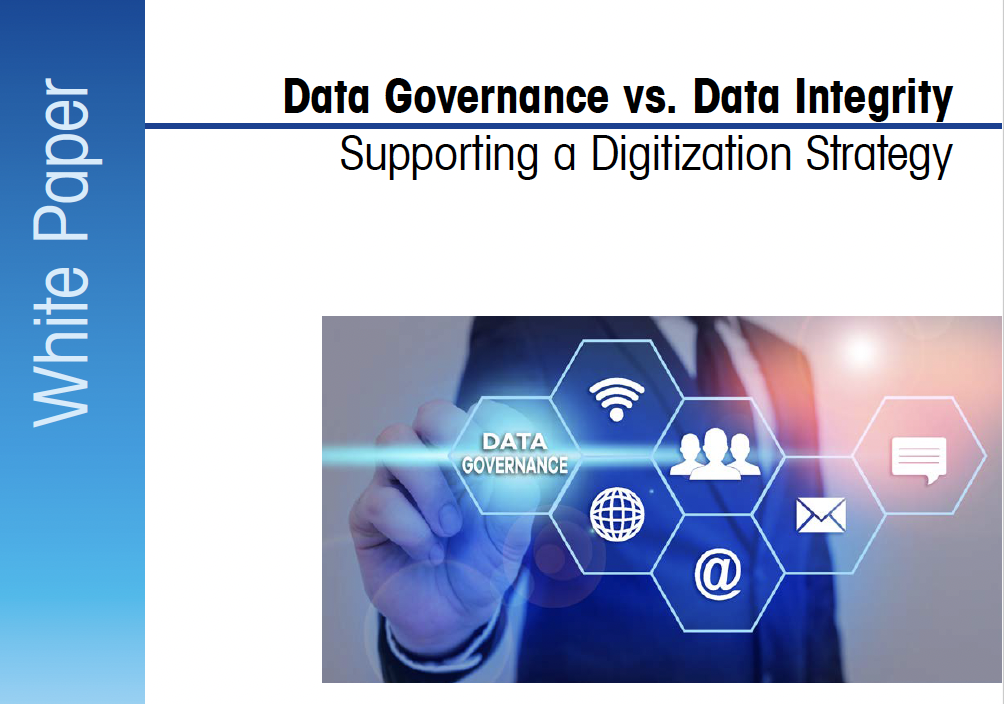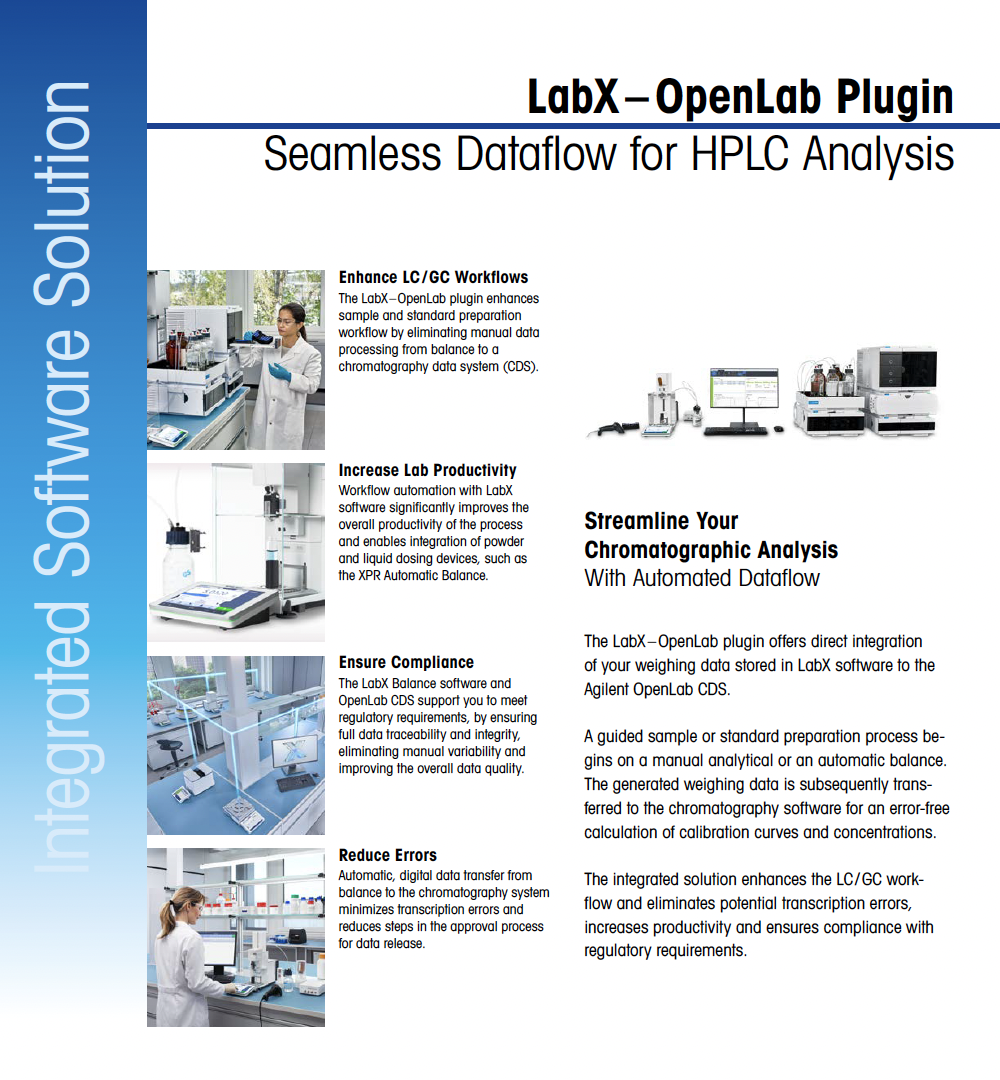[ DEEP DIVE WORKSHOP] Effective Lab Digitalisation Requires Process Understanding. Reengineering towards Quality, Integrity, and Compliance
Wednesday 13th March 2024 - 13:30 to 16:30

Presenter: Bob McDowall, director at R D McDowall Limited
Experienced Principal with a demonstrated history of working in the pharmaceutical and allied industries on computerised system validation, management consultancy , 21 CFR 11 and data integrity. Skilled in Good Laboratory Practice (GLP), Good Manufacturing Practice (GMP) and Good Clinical Practice (GCP). Change Control, Computerised System Validation, and Laboratory Automation. Trained auditor. Writer of articles and books as well as white papers for clients. Published articles can be found here: www.rdmcdowall.com/library
Bob is an auditor and he has been involved with the validation of computerized systems for over 30 years and is the author of books on the Validation of Chromatography Data Systems (two editions 2005 and 2017) and this year published his book on Data Integrity and Data Governance - Practical Implementation in Regulated Laboratories.
Bob is also the writer of the Questions of Quality (LC-GC Europe) and Focus on Quality (Spectroscopy) columns and is a member of the Editorial Advisory Boards of several Journals. He is also involved in the GAMP Data Integrity Special Interest Group and is a contributor and reviewer of the 2017 GAMP Guide for Records and Data Integrity and the Good Practice Guide on Data Integrity - Key Concepts.
Reference Last edition: Data Integrity and Data Governance: Practical Implementation for Regulated Laboratories Royal Society of Chemistry 2019
Objectives of this session
When digitalising a laboratory, it is important to have an overall strategy for automating a laboratory as there is no single application that will accomplish the task. There are LIMS, ELN, LES and instrument data systems and it is important that selected ones are positioned and prioritised in order of implementation. One question arises is it best to implement top down (e.g. LIMS or ERP) or bottom up (CDS, instrument data system) first? As a LIMS or ERP may take a long time, it is best to automate the analytical process first followed by a LIMS or ELN as business benefits can be obtained relatively quickly. This session will focus on automating the analytical process.
However, there is no point implementing any computerised system without delivering substantial business benefits. As a corollary, automating the current analytical process is bad idea as it is likely to be slow and inefficient and automation results in a slow, inefficient and expensive semi-automated process.
Process understanding is a critical but often overlooked component of laboratory automation and digitalisation. It is unlikely that current business processes in a laboratory can be automated effectively if computerised systems are used in hybrid mode (signed paper printouts of electronic records), paper records are used and manual input to one or more spreadsheets.
The session will present a methodology that can be used to map a process in an analytical laboratory. Then examples of existing or As-Is processes and gathering the associated information required for redesign will be shown and critiqued.
Redesign requires the following three principles to be applied:
- Data Capture at the Point of Origin
Never write a record on paper - direct data entry into a computer system. - Never Transcribe Data
Once data are electronic – they remain electronic
NEVER print; NEVER retype into another computer system. - Know Where the Data Go
Easy and quick retrieval at any time; this may require naming conventions for locations, data files etc.
Implicit in these principles is that quality, integrity & compliance with quality standards or regulations are designed into the process. This is the responsibility of the laboratory and not quality assurance; the latter are responsible for oversight of the work.
The session will be divided into the following parts:
- Overview: Understanding a laboratory digitalisation strategy. Why process mapping and redesign is important and how it can be conducted.
- Principles: Using a modified case study example, process maps will highlight the problems with the current process including inefficiencies and data integrity vulnerabilities. With input of improvement ideas, attendees will redesign the process to eliminate paper, spreadsheets and implement electronic signatures.
Finally, a manual process will be described and then we move to the practice portion.  Practice: A live demonstration, courtesy of Mettler Toledo, will present the digitalised process to ensure process efficiency and data integrity.
Practice: A live demonstration, courtesy of Mettler Toledo, will present the digitalised process to ensure process efficiency and data integrity.
Attendees will be able to access three e-books written by Bob on laboratory digitalisation.
Who should benefit
Departments: R&D, Lab Operations & Management, Manufacturing, Quality, Data Science, Digitalisation/IT
Roles: Head, Leader, Manager, Scientist

Founded in 1993, R D McDowall Limited has Bob McDowall as its Director. The company is responsible for the delivery of consultancy services, either by Bob directly or through our experienced Associates to a client’s specific requirements.
Services provided by McDowall Consulting for the pharmaceutical, biotechnology, medical device and contract research organisations (CROs) can be found here: www.rdmcdowall.com/professional-services/mcdowall-consulting
![]()
METTLER TOLEDO specialises in the area of precision instruments for laboratory and industrial production. Our instruments are used in R&D research, drug discovery, and quality control labs in the pharmaceutical, chemical, food and cosmetics industries.
We are a global market leader with the three instrument groups most frequently used in the laboratory (balances, pipettes, and pH meters), and we are a pioneer in the field of Automated Chemistry. Our comprehensive software solutions grants full automation and integration of our vast instrument portfolios within existing system infrastructures, boosting laboratory efficiency while also maintaining full compliance to data integrity regulations.


